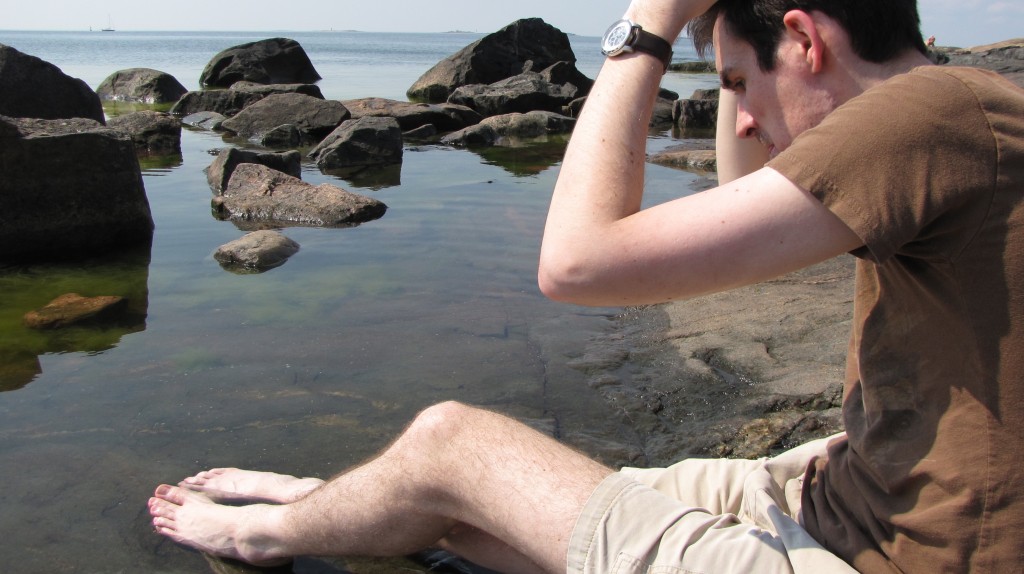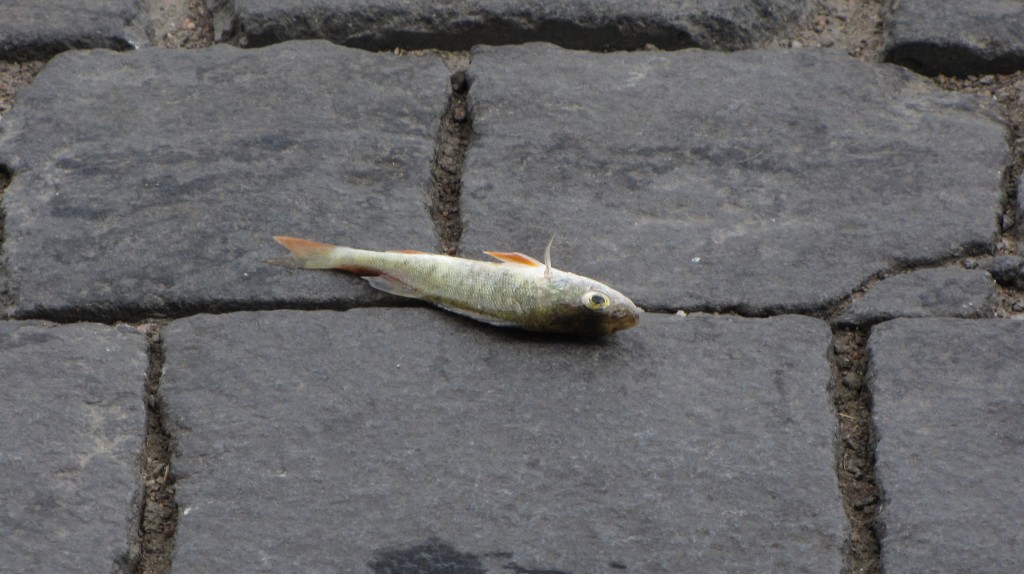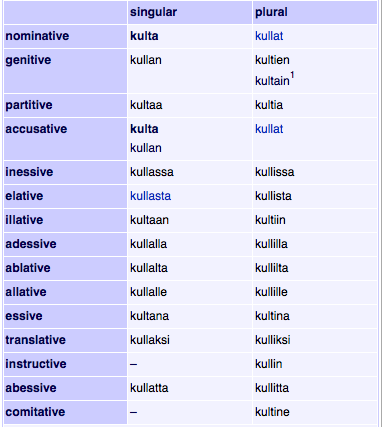Our third day in Helsinki, and my body has adjusted enough that I am not having random spells of dizziness from sleep deprivation. Plus, I am still sleeping incredibly soundly on this impossibly comfy hotel bed. Hooray! What's more, today's weather looked beautiful, so we put on sunscreen before we left the hotel. This turned out to be smart.
From the waterfront you can take a short ferry ride to Suomenlinna, the island fortress that once defended Helsinki against the Russians, the English and French (oh, Crimean War, with your slippery unremembered facts), and the Russians again during World War II. We meandered down to the dock, sampling free buy-our-food bribes from market stalls all the way. Finnish sweet peas are practically a dessert item, they are so lush and tasty. I was mesmerized by the beauty of vegetables. 
It was around this time that I took my favorite photo of the trip so far: a closeup shot of the Havis Amanda statue on the Helsinki waterfront. I cannot seem to stop taking photos of this statue, from whatever angle the light allows, no matter how many times it tests the limits of Charles' patience and causes him to gently cough and remind me of time's inexorable passage: 
The last time I visited Suomenlinna, the entire ocean was a bleak expanse of treacherous and impassable ice, with a heavy blanket of undisturbed snow and a lone swan winging over the silent sea. Today it was thronged with people, having picnics and swimming and drawing and playing with puppies and herding small children through sprinklers and kayaking and generally making the most of a perfect summer afternoon by the water. The soft breeze did its best but the sunlight was fierce, and our greatest relief came from finding a rocky beach and dipping our feet in the Baltic Sea. (Or Gulf of Finland, if we're being technical.) You'll be shocked to hear that the Baltic Sea is really cold, even in the height of summer.
Once we had lunch and returned, we were astonished to note the dark and ominous clouds looming up behind the city, and were glad we'd gone out adventuring while the day was young. Little did we know that the first thing to fall from the sky would not be raindrops, but a small and still temporarily alive fish. 
He plopped down in front of us, still twitching and panicked, when we were crossing the street two blocks from the harbor. It might have seemed more of an omen if we hadn't also noticed the loud cry of disappointment from the seagull who had dropped him. But it was still pretty weird.
Now it is dinnertime, the heavens have opened, and the great thunder god Ukko is throwing rocks in that great bowling alley in the sky. Good thing the restaurant in this hotel is delicious.
Upcoming: museums, architecture, and a Finnish karaoke palace.



